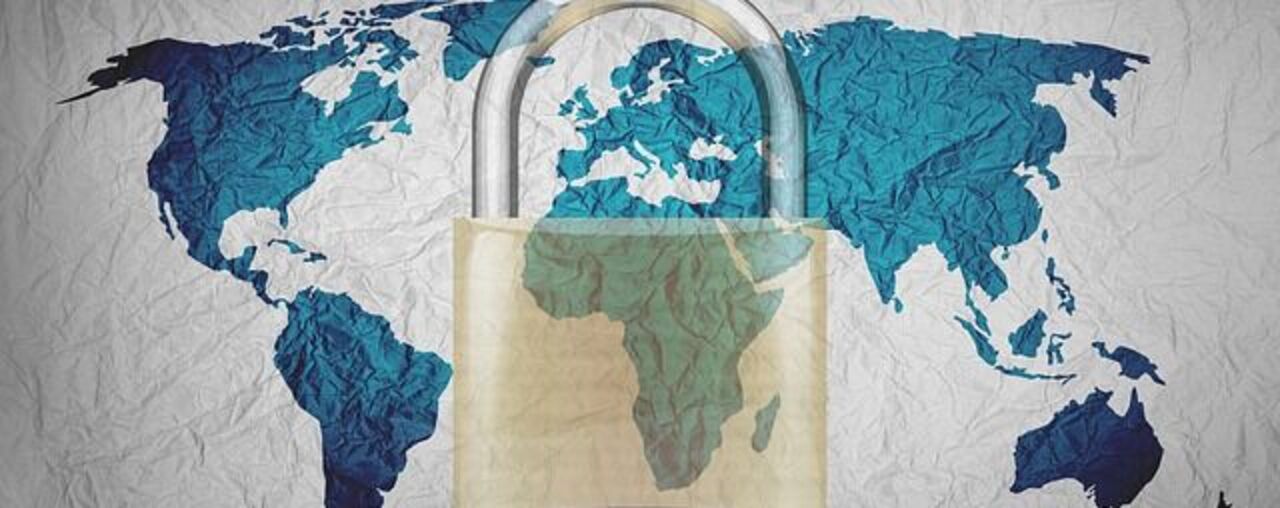
Signal - communicate safely
Signal is a safe alternative to SMS, WhatsApp, and Telegram. This smartphone and desktop messenger encrypts the contents of messages and voice calls between the communication partners. On their way to the recipient, your messages are protected from the eyes of third parties. Contrastingly, SMS messages are like postcards: anyone can read them on the transmission path - including telecom companies and public authorities. Although WhatsApp encrypts the content of your communication, the metadata (who communicates when and with whom) stay on WhatsApp and thus the parent company Facebook. We advise against the use of Telegram for technical reasons; Group chats are not encrypted in Telegram. Signal is supported by the Freedom of the Press Foundation and is considered safe even after the revelations of Edward Snowden.

Privacy Badger - protect your privacy on the Internet
The Privacy Badger protects your privacy while surfing the Internet. This application blocks unwanted tracking that normally follows you through the World Wide Web at every turn. Advertising networks, data dealers, and government agencies want to get the most accurate picture of your interests, habits, and behaviors. If you want to navigate around the internet without having your behavior being evaluated, install the Privacy Badger extension in your browser (preferably in Firefox)!

Tor – Unobserved on the Internet
The Tor network is one of the most powerful software tools for our anonymity. By using Tor, you accomplish two things: First, Tor obfuscates as much as possible of all the criteria by which you could be identified as a user (as long as you do not disclose any data), and second, it bypasses local internet censorship. Tor was designed to give investigative journalists and human rights activists in authoritarian states an opportunity to freely use the internet without restrictions. Install the Tor Browser and surf freely and anonymously on the Internet. This video explains how it works.

Startpage – The privacy-friendly alternative to Google
We are with no one as honest as Google's search box. Google's search engine has a a market share of over 90% in Europe. So one of the largest corporations in the world knows very well what we are interested in, what life or job decisions we are planning in the near future, what diseases we are researching, and how we spend our free time. Luckily, it's easy to escape this full-scale surveillance: there are good, privacy-friendly alternatives to Google's search engine, such as StartPage or DuckDuckGo. Change the default search engine in your browser today!
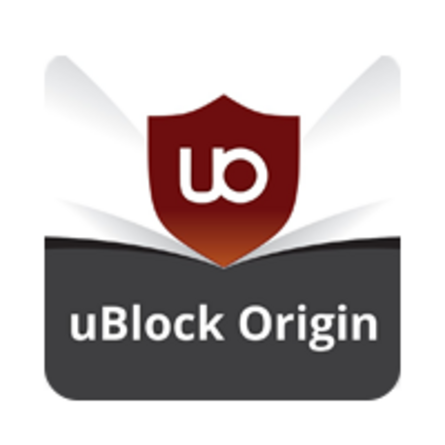
uBlock Origin – No unwanted advertising, fewer security risks
Most websites today are full of advertising banners. This advertising is personalized for us and works because we are tracked and accurate profiles are created about us. Advertising is also increasingly being used to infect our devices with malicious software. On mobile devices advertising additionally costs even expensive data volume. Install an ad blocker such as uBlock Origin today to make the Internet safer and faster!
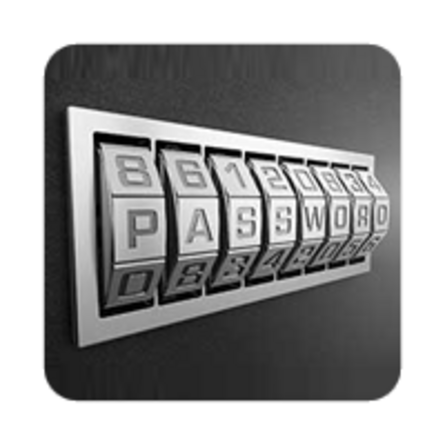
Strong Passwords – Easy to remember and still secure
The security of our data also depends on the passwords used. The longer and the more unusual (for example, using uppercase and lowercase letters, numbers, and special characters) a password is, the more secure it is. Unfortunately, it is very difficult to remember random character combinations. So it's best to use a password manager like KeePassXC that can generate, store, and fill in random passwords. Alternatively, you can also use whole sentences as passwords or abbreviate them appropriately. Watch this video to learn more about this method.

HTTPS Everywhere – Surfing Safely
You would never write sensitive information such as passwords, home address or bank details on a postcard that passes through many hands without an envelope before it reaches its destination. The envelope for your internet communication is called https. Every website on the Internet should use this secure version of the World Wide Web. Wherever there is such a secure way is available, the browser extension HTTPS Everywhere will automatically redirect you to it. Also on this topic, there is a good explanatory video.
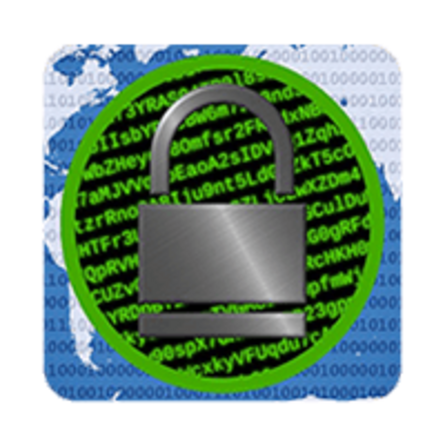
Hard drive encryption – The vault for your data
Our smartphones, laptops, and other devices with storage media contain a lot of sensitive information about our private and business lives. If these devices are stolen, that's annoying enough. But if the data gets into the wrong hands, criminals can do much more damage. With the passwords on the device you can often get access to online banking, Amazon, PayPal or tax-related services. It is uncomfortable to know private photos or notes to be in the hands of strangers, and it is also dangerous. Therefore, it is recommended to encrypt the storage media on your own devices. On smartphones, this is often already avtivated by default. In order to avoid that the attacker finds out the password of the stolen smartphone by trial and error, with each wrong password entry the waiting period until the next entry is possible should be extended. It is reset upon a successful login. The option to remotely erase your data in case of theft is also available on many devices and should be set up early. Particularly external data carriers such as USB sticks, backup hard drives and also SD cards in smartphones can be lost easily. These should therefore always be encrypted. A versatile tool for this is the open source program VeraCrypt.
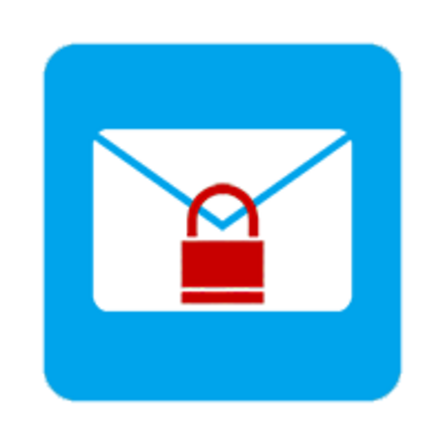
E-mail encryption – The secrecy of electronic mail
Who would use a postcard to discuss confidential matters with the tax consultant or a doctor? Just like a card can be read and even changed by all employees of the post who come into contact with it, a normal e-mail with all its attachments can be read and modified in the course of its transmission. Therefore, procedures such as Pretty Good Privacy (PGP) and S-MIME have been created that ensure that e-mails arrive at the recipient unaltered and unread by anyone else. E-mail encryption protects the secrecy of correspondence and also protects you from identity theft, which is especially important for sensitive communication in the business sector and for professional secrecy holders. The easiest way to activate e-mail encryption is explained >>here and >>here (both German).

No hard drive without backup
Some data are extremely valuable. If they get lost, the damage can be enormous. Since hard drives often have mechanical parts, they can break easily. Unlike other valuables, data can be duplicated easily. Backups are therefore a good protection that is quite easy to implement. If your computer is broken, a backup on an external hard drive is sufficient. However, if your home is broken into or destroyed by a fire, the backup hard drive in your PC will not accomplish anything. Therefore, a backup strategy consisting of a mix of local and remote storage media is recommended. A backup is only as good as its restore. Therefore always test how fast and stable you recover your data in case of data loss. Keep in mind that a permanently connected hard drive can also be overwritten by viruses. Help for backups can be found >>here and >>here and >>here (German)
Other useful resources
This information is just a tiny part of all the possibilities for your digital self-defense. There are many more tricks, tips, and helpful software enabling you to use the Internet in everyday life independently and safely.
We recommend the following sources of information:
- The Surveillance Self Defense Guide of our sister organization EFF gives you comprehensive and easy to understand instructions for the software presented here and also has other good tips.
- The website MyShadow has a lot of helpful information about what information you reveal about yourself on the internet.
- Further German-language information on the subject is available in German from our sister organization Digitalcourage.
- If you want to practice digital self-defence, we recommend visiting a crypto party near you. Dates can be found at cryptoparty.at.

